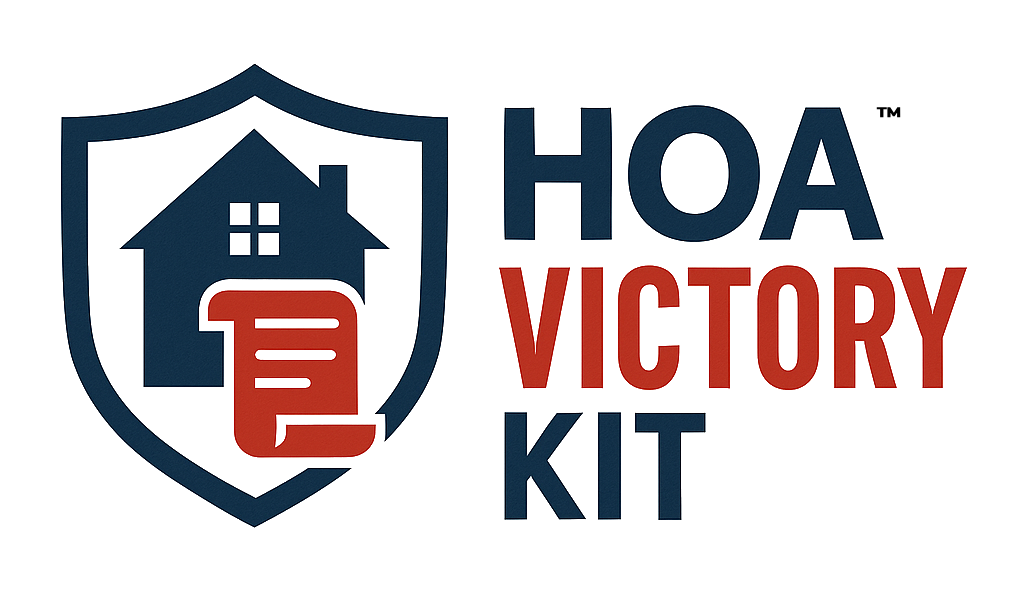When Your HOA Insurance Premiums Skyrocket and You’re Asked to Pay
Homeowners across California are opening HOA notices with shock, insurance premiums doubling or tripling, followed by a special assessment or dues increase to cover it.
What many don’t realize: not all of these charges are justified, and boards sometimes pass costs onto homeowners prematurely, illegally, or without transparency.
Before you accept another “insurance surcharge,” it’s vital to understand how HOA insurance works, what boards are required to do, and how you can push back if you believe your community is being overcharged or mismanaged.
Understanding How HOA Insurance Works
Most HOAs in California are required to maintain a master insurance policy that covers:
- Common areas (roof, exterior walls, pool, clubhouse, etc.)
- General liability (slip and fall, property damage)
- Directors & officers (D&O) liability insurance
Each homeowner typically carries their own HO-6 “walls-in” condo policy for interior coverage.
The master policy premiums are paid from your regular assessments, unless a sudden increase forces the board to issue a special assessment to cover the difference.
Why HOA Insurance Premiums Are Rising
California HOAs are facing a perfect storm of insurance challenges:
- Increased wildfire and flood risks
- Higher construction costs = larger replacement values
- Insurers pulling out of the state or refusing HOA coverage
- Claims history, a few bad years can triple rates
- Underfunded reserves forcing emergency assessments
Here’s the key: not every premium increase should automatically hit homeowners’ wallets. There are legal limits and due diligence steps your HOA must take first.
What Your HOA Is Required to Do Before Passing on Insurance Costs
An HOA board must:
- Levy assessments only for actual, reasonable, and necessary expenses.
- Provide written notice before increasing dues or issuing a special assessment.
- Demonstrate transparency and access to records.
If your HOA failed to provide adequate documentation, hold a proper meeting, or disclose policy bids, the increase may not be legally enforceable.
How Insurance Hikes Get Pushed to Homeowners, and When It’s Not Okay
Here’s what often happens in real HOA communities:
- The insurer renews the master policy at a higher rate.
- The board fails to shop around or compare coverage.
- Instead of budgeting properly, they issue an immediate special assessment.
- Homeowners are told: “We had no choice, everyone must pay.”
Boards are required to act prudently and transparently with financial decisions. If they skip competitive bidding or don’t document the decision process, they can be held accountable.
Fight or Appeal an Unfair Insurance Assessment
If you believe your HOA’s insurance hike was mismanaged or premature, you can take action, professionally and lawfully.
If the HOA cannot justify the charge, homeowners may challenge the assessment, request reimbursement, or even file a small claims case for improper billing.
The Bottom Line: Protect Yourself from Pass-Through Costs
HOA insurance hikes are real, but they don’t have to fall entirely on you.
California law gives you the right to inspect, question, and challenge how your HOA manages its insurance obligations.
Don’t pay until you verify.
If your HOA can’t show documentation, hold off and request proof.
For checklist, plus record request templates and homeowner rights letters, in the HOA Victory Kit.
When you’re ready to take action, download the HOA Victory Kit for templates, legal code references, and pre-written letters that protect your interests and hold your board accountable.
This article is intended for educational purposes only and applies specifically to California homeowners and HOA communities.
It is not legal advice and does not create an attorney-client relationship.
